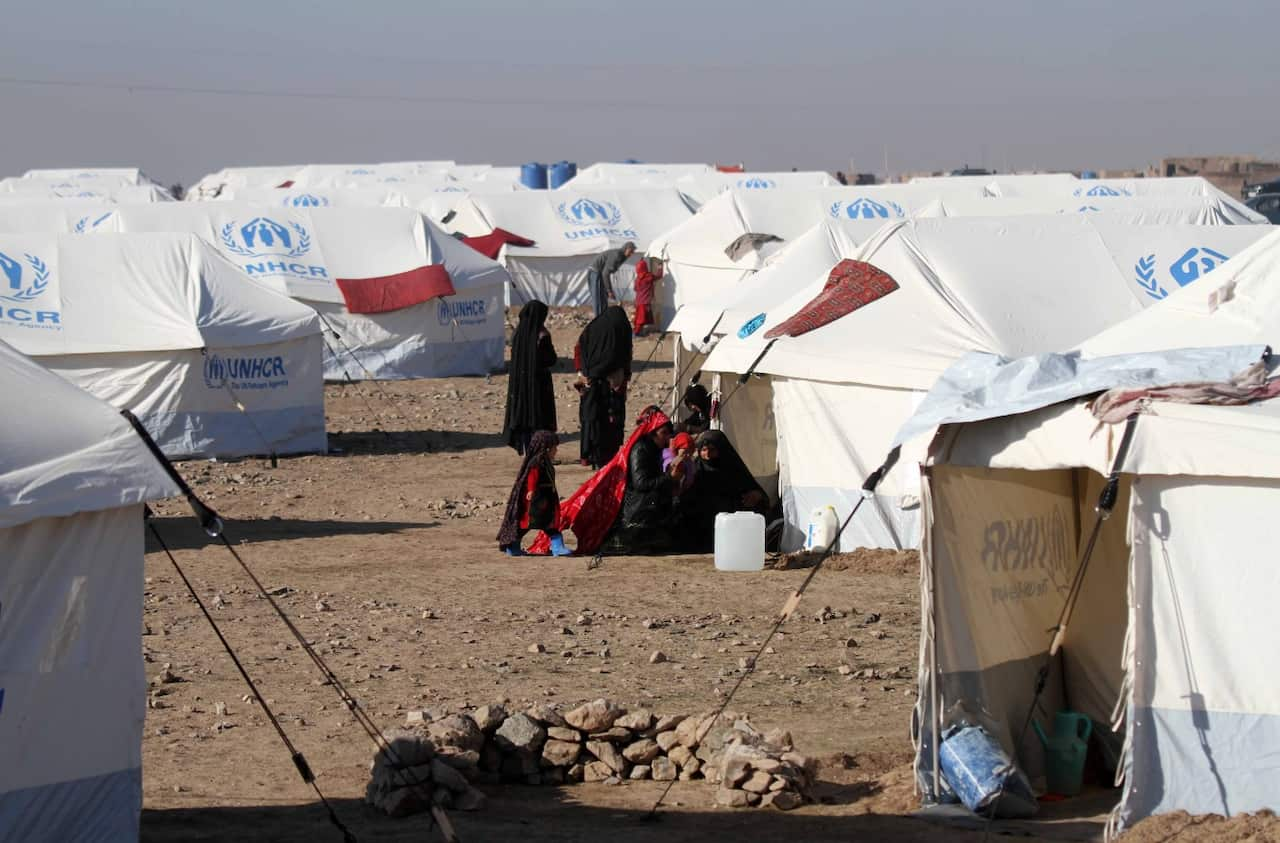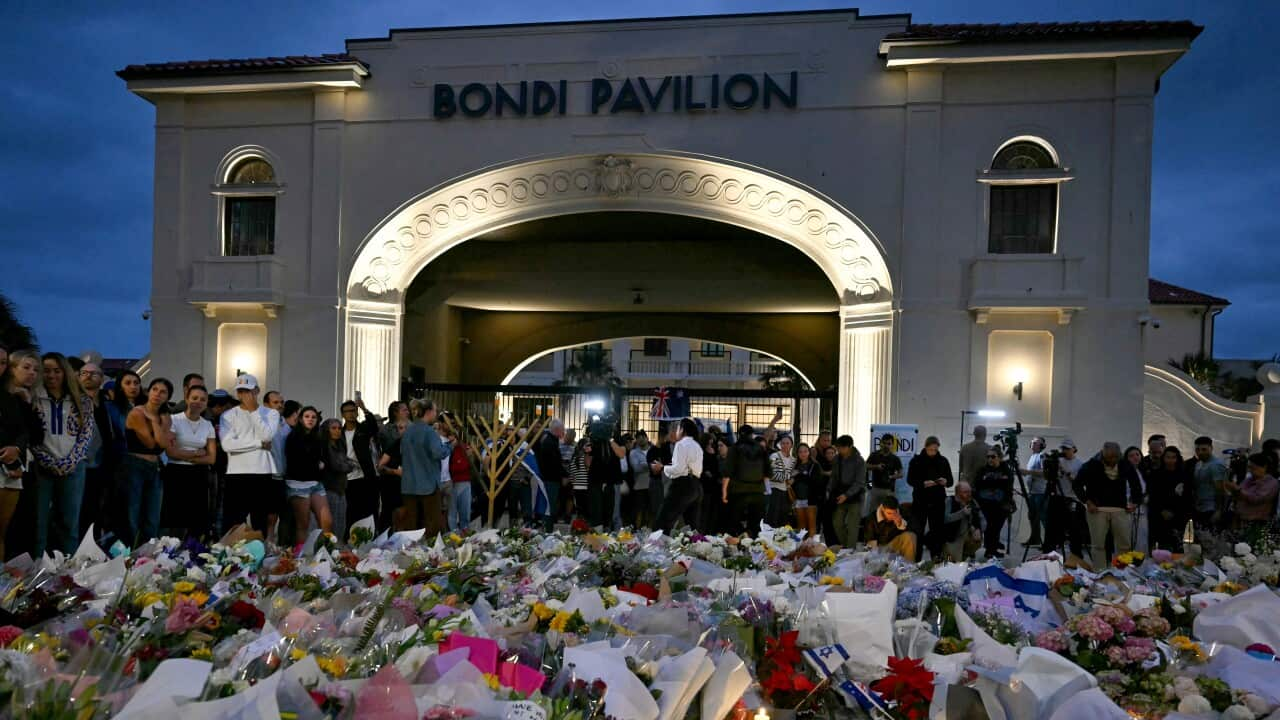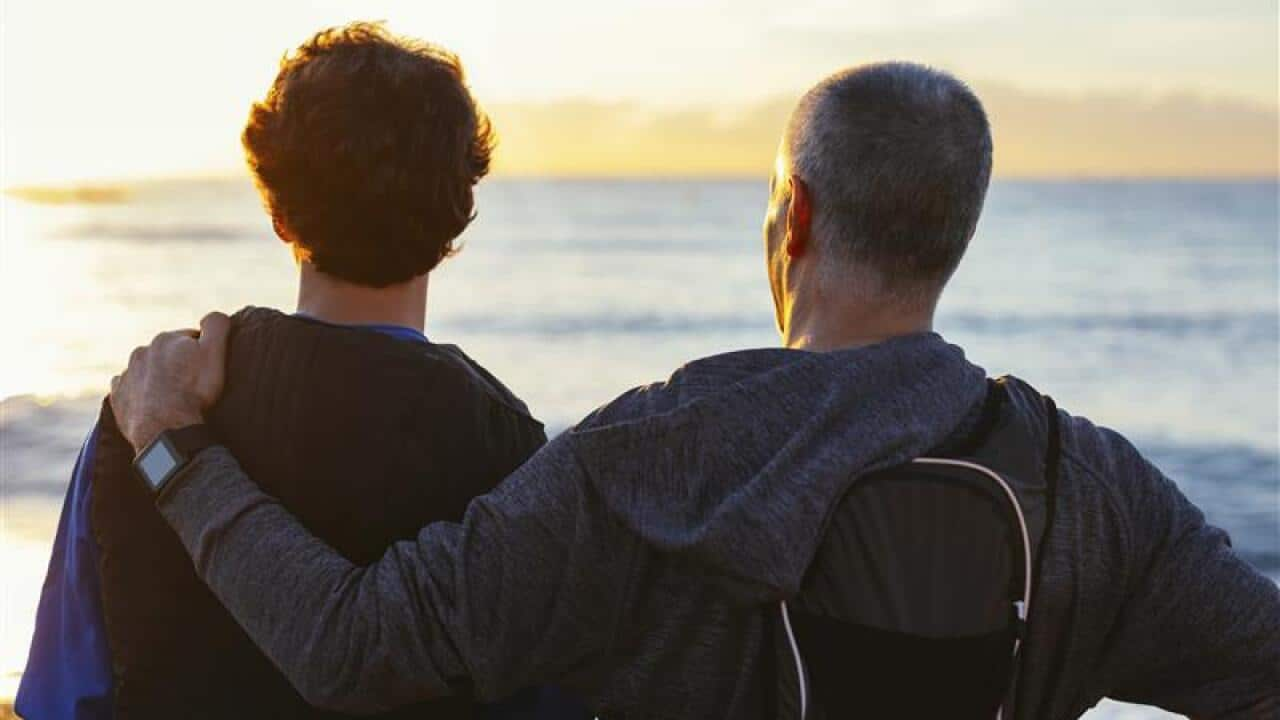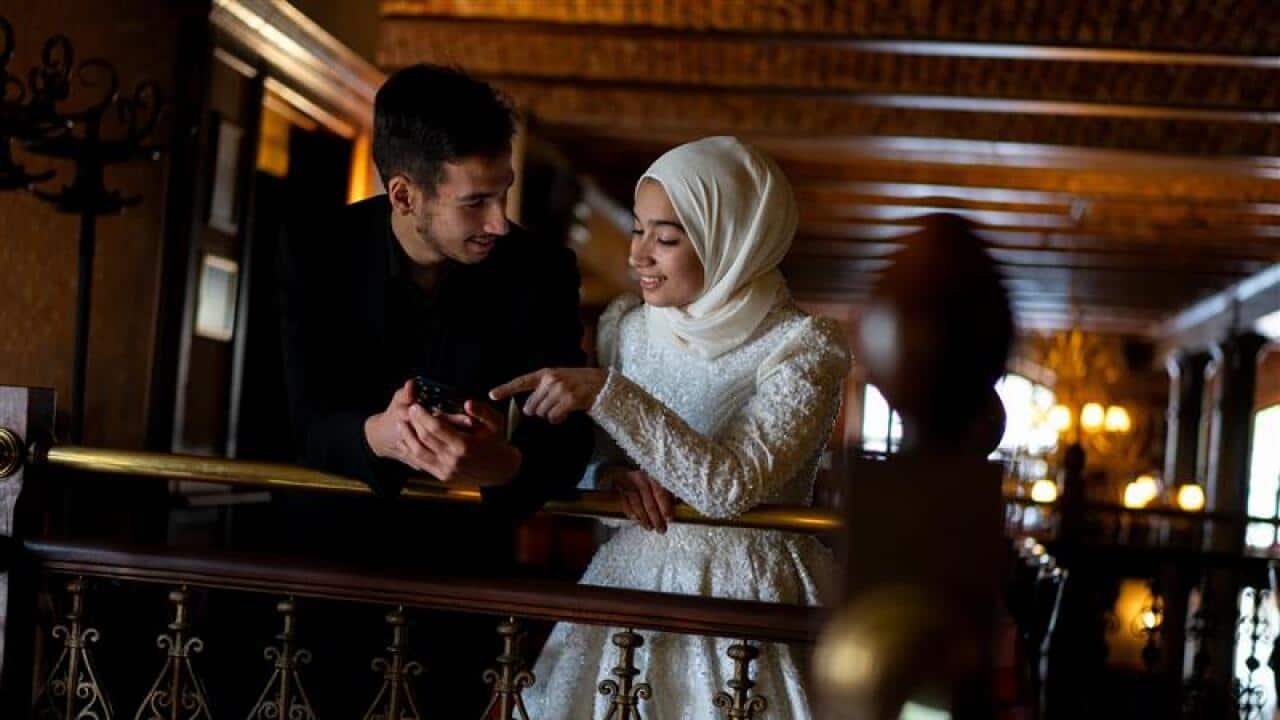The high-profile case of Saudi teen Rahaf Mohammed Alqunun has brought to light how processing times can vary for those seeking refugee status or resettlement.
The United Nations High Commissioner for Refugees (UNHCR) deemed that her claim for refugee status was genuine less than a week after she fled persecution in her homeland, which cleared the way for Canada to grant her asylum.
Regarding the case, the UNHCR Regional Representation in Canberra told SBS Arabic24 that processing times for refugee applications and resettlement differed between countries and circumstances.
"Refugee Status Determination is the process governments or UNHCR use to determine if a person seeking international protection is a refugee under international, regional or national law," a spokesperson said.
"Accelerated refugee status determination is used when there are urgent physical or legal protection needs. This includes people who may be subject to a risk of immediate refoulement (return to harm), arbitrary arrest or detention."
The case has been a source of frustration for Iraqi refugee Hiyam Dawoed al-Obeidy, who fled her war-torn homeland with her children in 2016.
The family obtained refugee status through the UNHCR after arriving in Jordan but have been waiting to be resettled for more than three years.
“I ask them [UNHCR] constantly but they say I should just wait," she told SBS Arabic24.
"I didn't know how much longer I will have to wait."

Ms al-Obeidy said she was "very frustrated" by her situation and of how quickly Saudi teen was resettled.
“I feel there is no justice, I don’t deny that she or anyone else in her position are genuine refugees, but we have been waiting for years and we should have been prioritised,” she said.
Ms al-Obeidy's husband Ahmed Al Khafagy fled Iraq in 2012 and spent seven months inside a Darwin detention centre, before obtaining a bridging visa to remain in Australia.
Following numerous legal battles, he obtained a three-year visa in September 2016 but the criteria restricted him from attempting to bring his family over from Jordan.
Rajaa* fled Iraq in 2015 with her husband and two daughters to Turkey and was declared a refugee by the UNHCR shortly after.
The family has been awaiting resettlement for the past five years, having only anticipated a two-year stay in Turkey.
Rajaa said other refugees in her situation had been waiting as long as six years.
She believes the chances of being resettled in the near future were slim, as the UNHCR prioritises cases of single mothers, unaccompanied minors and religious minorities.
“Is it our fault that we are a full family?" she said.
"We are also at risk like these cases and we can’t go back to Iraq and we don’t have the right to work in Turkey.
“UNHCR said there is no limit for the waiting time."
Rajaa said she understood the case of Rahaf Mohammed Alqunun, but felt anger by the "quick solution".
“The humanity that stood up for this 18 years old, why doesn’t it do the same with refugee families?" she said.
"Not just my family but all the Iraqi and Syrian families who have been waiting for years”.
Three categories for resettlement
For resettlement purposes, the UNHCR places refugee application cases into three categories; emergency, urgent and normal.
Applications from asylum seekers in host countries such as Jordan, Turkey and Egypt fall into the 'normal' category.
Within this category, priority is given to cases with specific needs like women or children who are at risk.
The 'emergency' level applies to cases in which the immediacy of security and/or medical condition necessitates removal from the threatening conditions within a few days, if not within hours.
Within this level, there is usually a seven-day maximum time period between the submission and resettlement.
The 'urgent' category is reserved for refugees who face conditions requiring their "expeditious resettlement" but within a less limited time frame than the 'emergency' category.
These refugees have serious medical risks or other vulnerabilities requiring expedited resettlement within six weeks of submission.

Options for resettlement
According to the UNHCR resettlement handbook: “When resettlement places are limited, or adequate resources for conducting resettlement activities are not available, cases related to more urgent protection concerns will always take precedence.”
The UNHCR doesn’t see resettlement as the only durable solution for a refugee - adopting alternative solutions, including:
- Voluntary repatriation, where refugees return in safety and with dignity to their country of origin
- Local integration, where refugees legally, economically and socially integrate into the host country
*Not her real name.







